DIG’s Priority Household Program
October 26, 2022
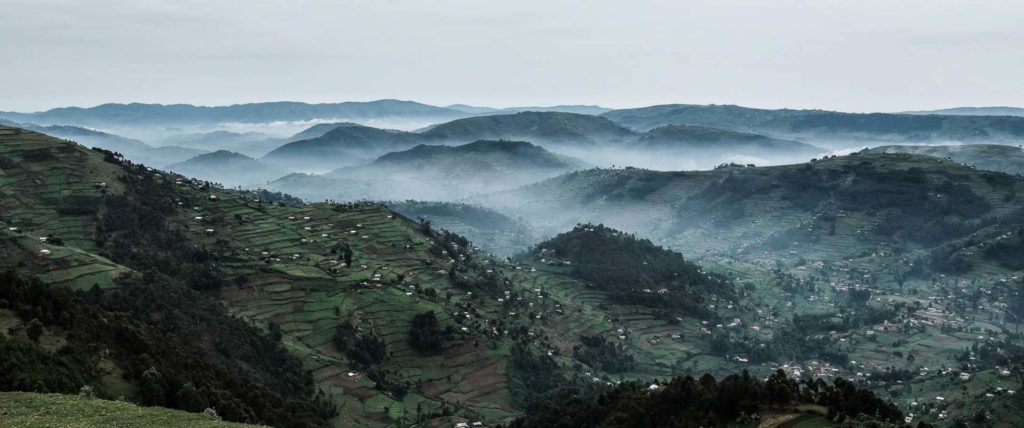
October 26, 2022
October 26, 2022
August 2, 2022
July 19, 2022
July 8, 2022
November 2, 2021
November 2, 2021
November 1, 2021
October 15, 2021
September 27, 2021
September 27, 2021
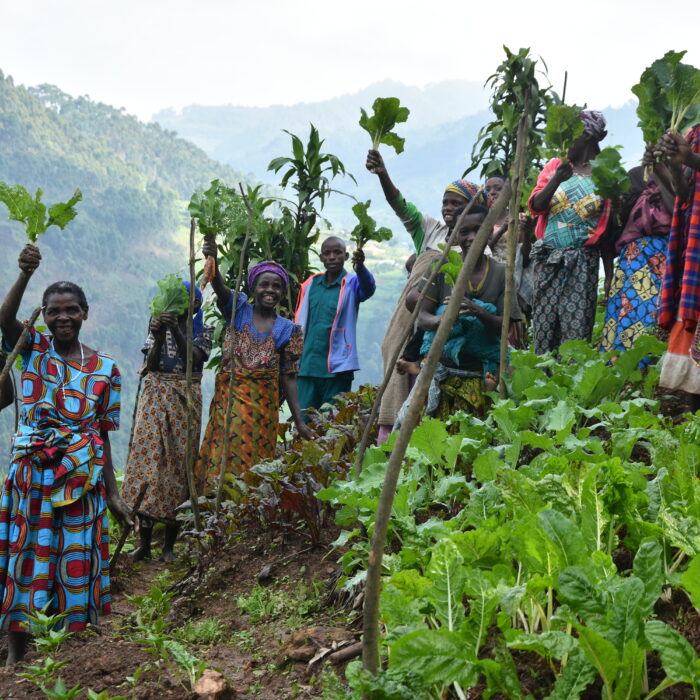
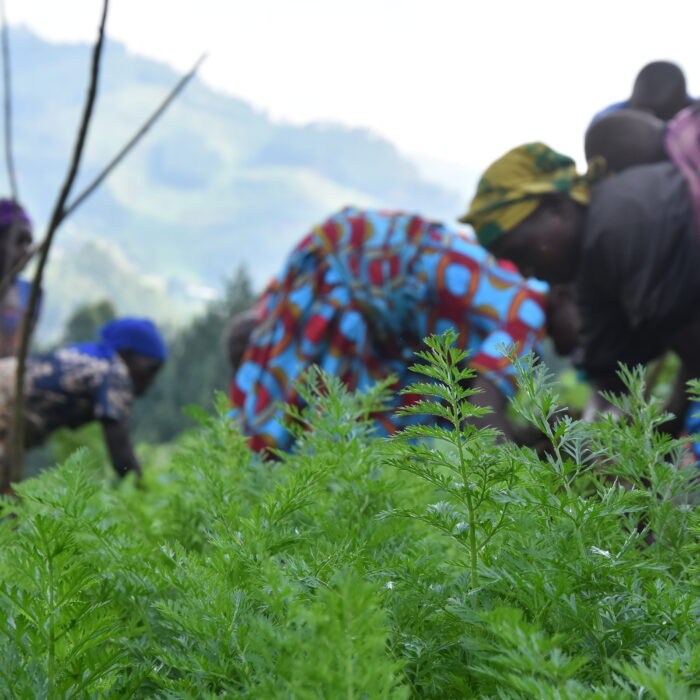
Because the Batwa were traditional hunters and gatherers, agriculture has been a largely recent endeavor. Many have been discouraged after organizations provided them with seeds or materials but no meaningful training or support. Growing on steep mountainsides, some for the first time, and being far from reliable water sources is not an easy effort, which is why DIG meets with Batwa communities every week over the course of a year-and-a-half long program.
The Mukungu Batwa Tweyombekye Group, which means Let’s Build Ourselves, was unique in that they quickly understood the value of DIG’s program and committed to the work.
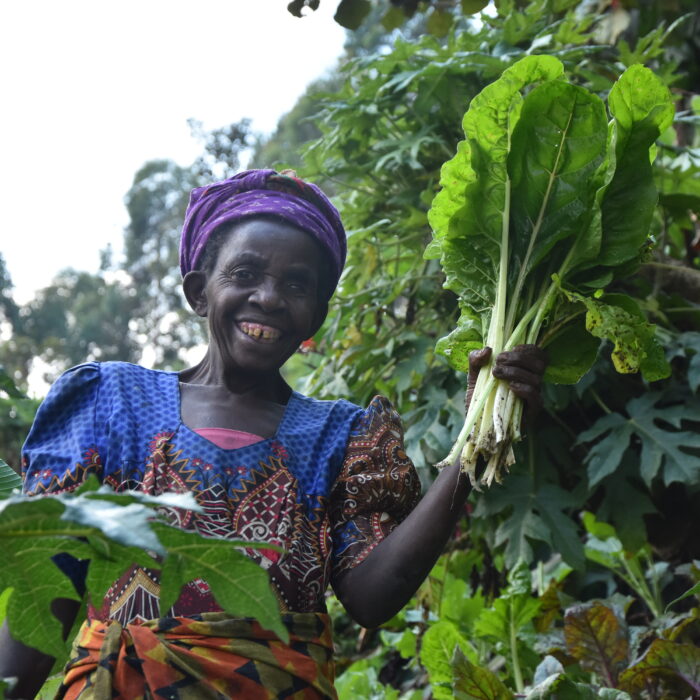
First gaining hands-on experience at a central demonstration site within their community, each member of the group started bringing their skills back home and they have all since started home gardens.
After the first growing season ended this past July, the group began selling their excess produce and started collectively planning to invest in a secondary community business. DIG supported the group to self-identify a feasible business given their location, natural resources, and community needs.
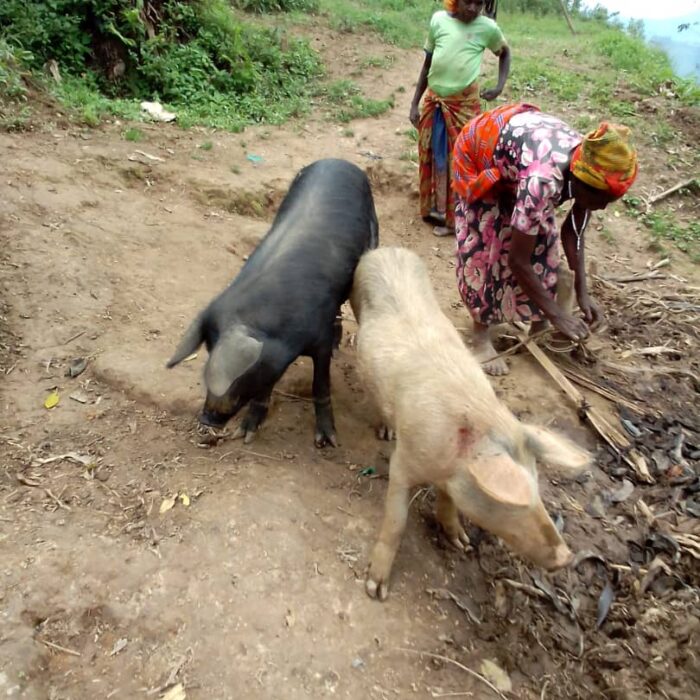
Pigs, an easy animal to breed, can be harvested for added protein distributed amongst the group, and sold for income. Theirs was an integrative farming plan, and to date, they’ve saved the income from their carrots and cabbage sales to purchase two pigs.